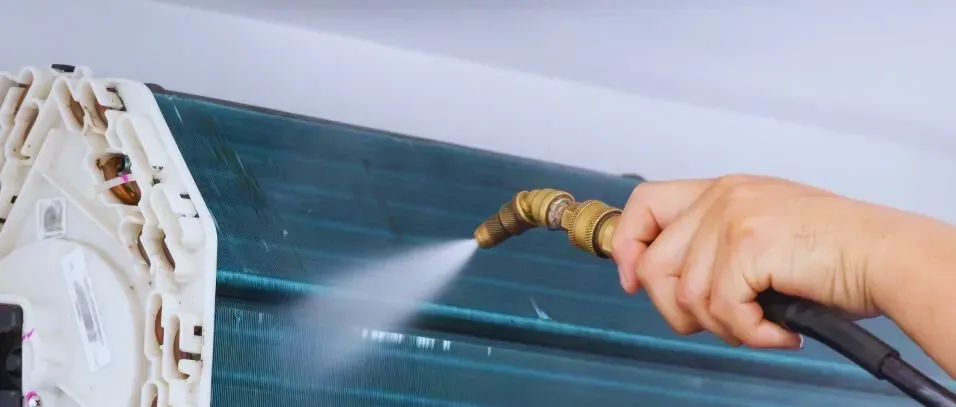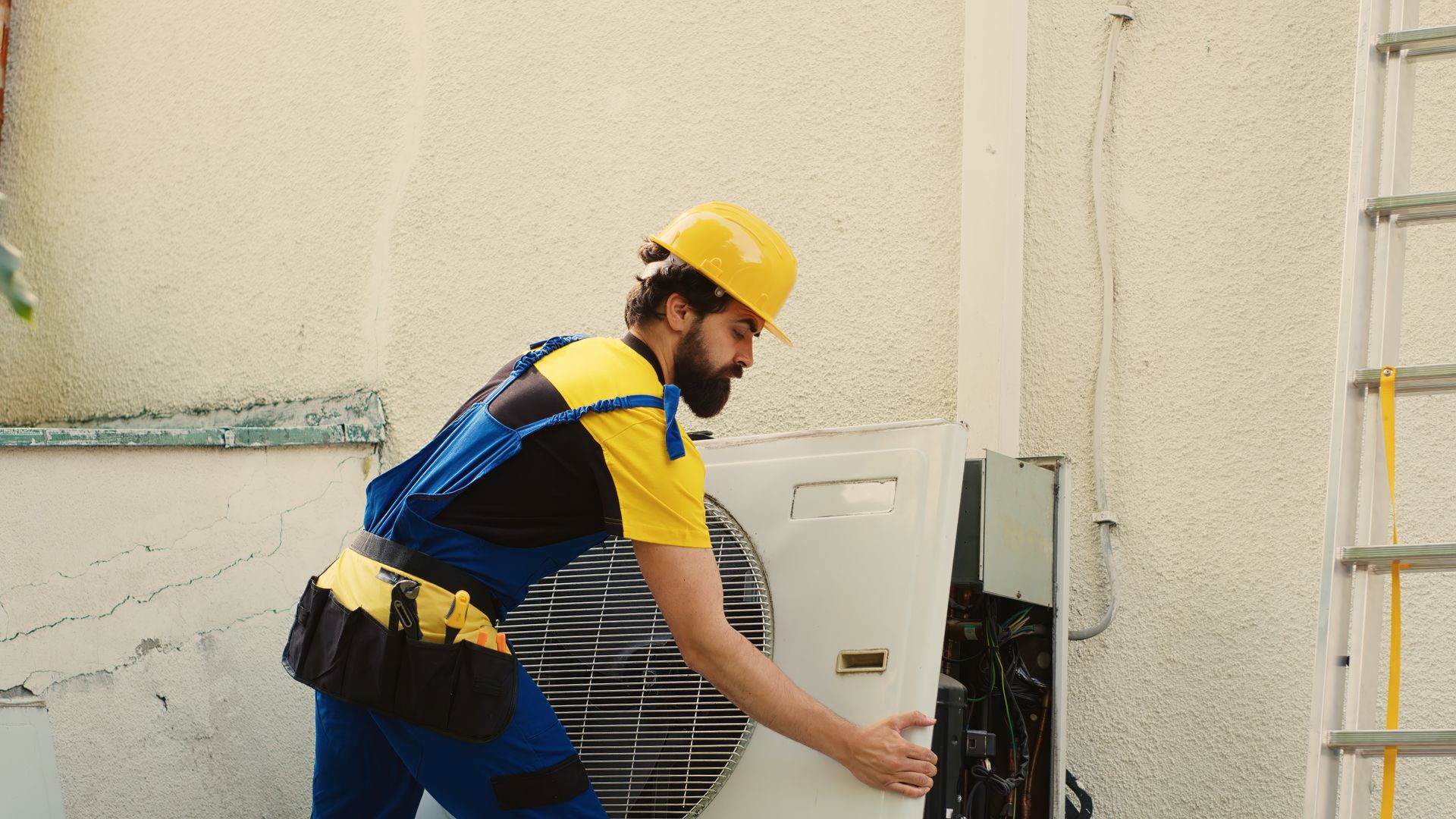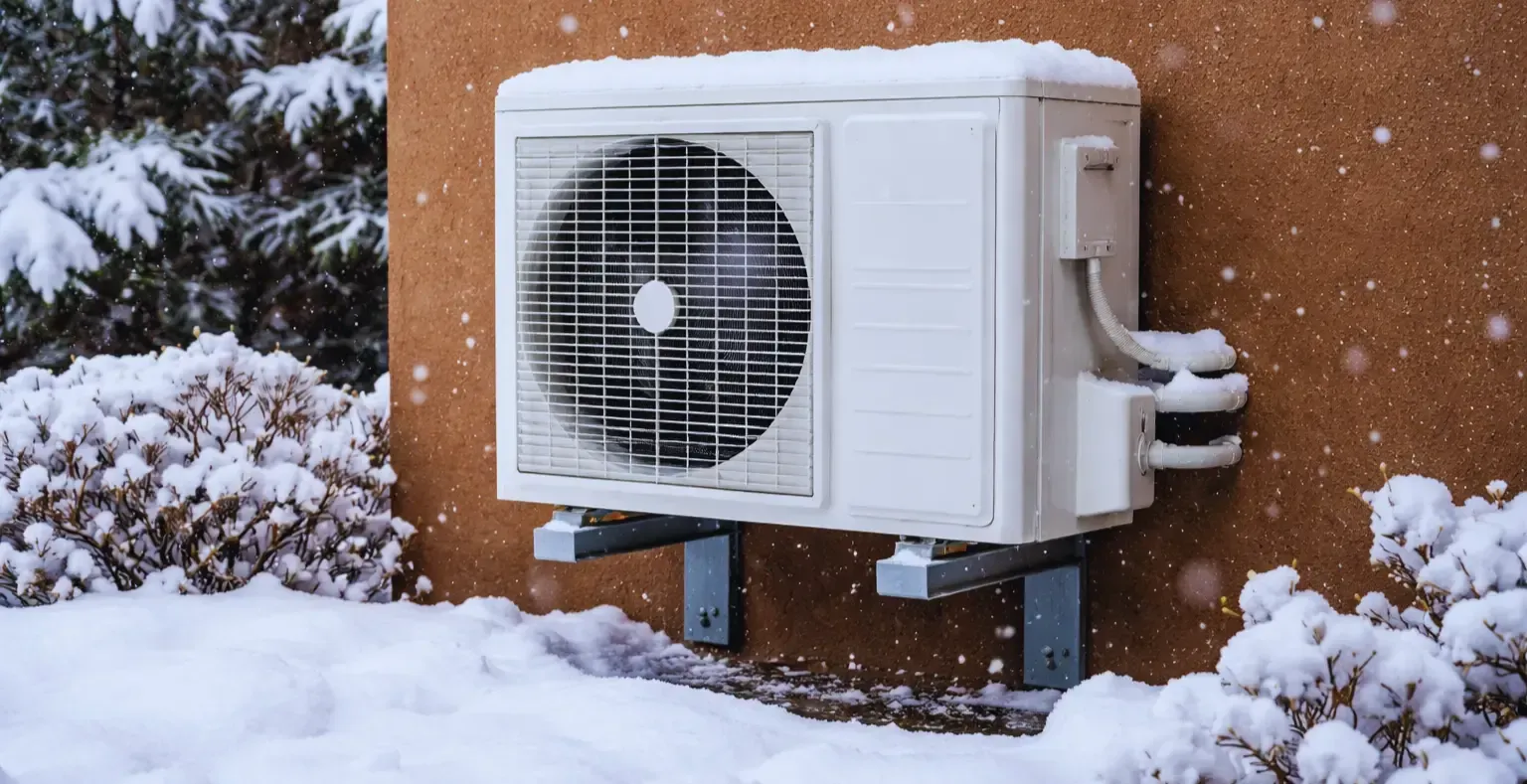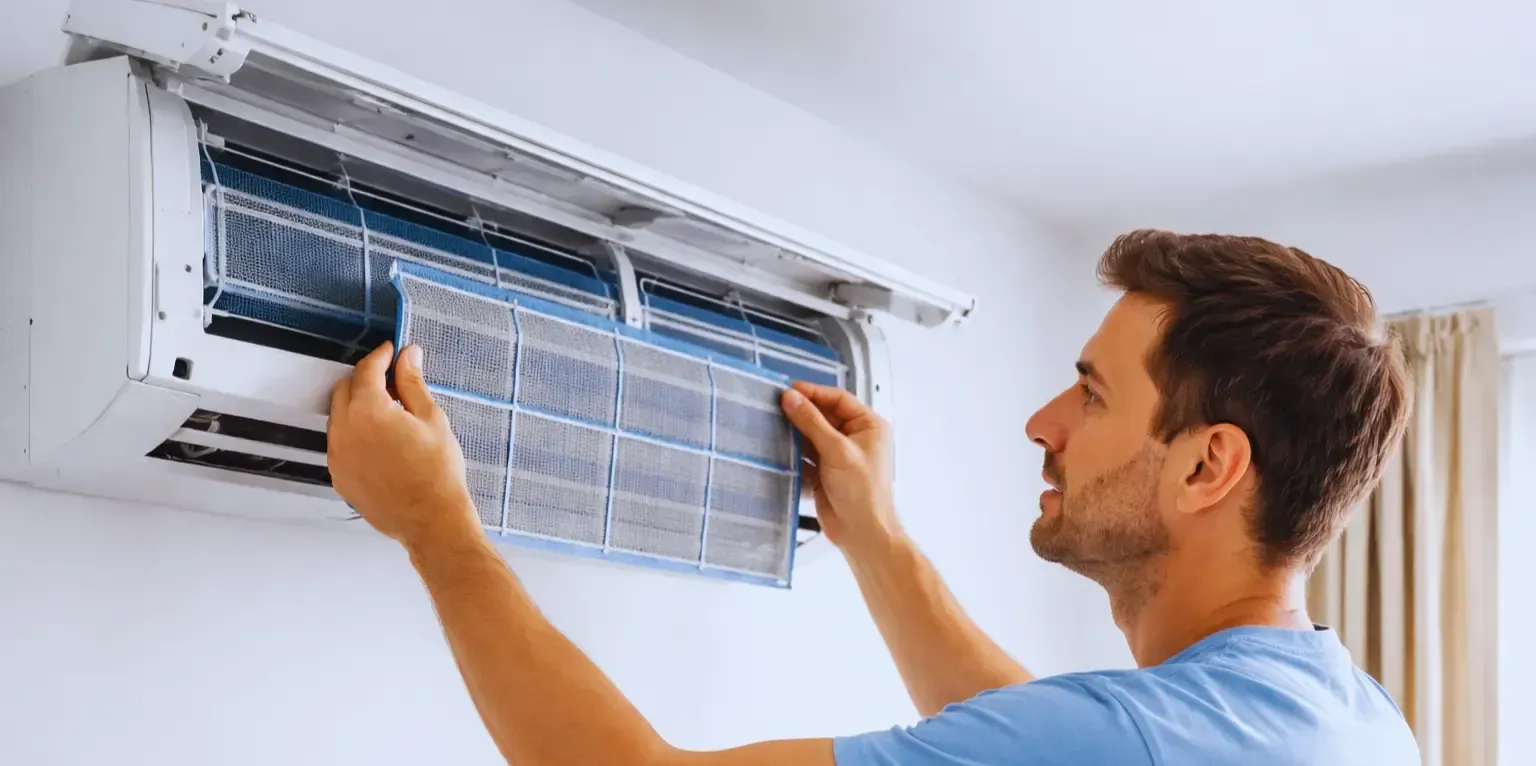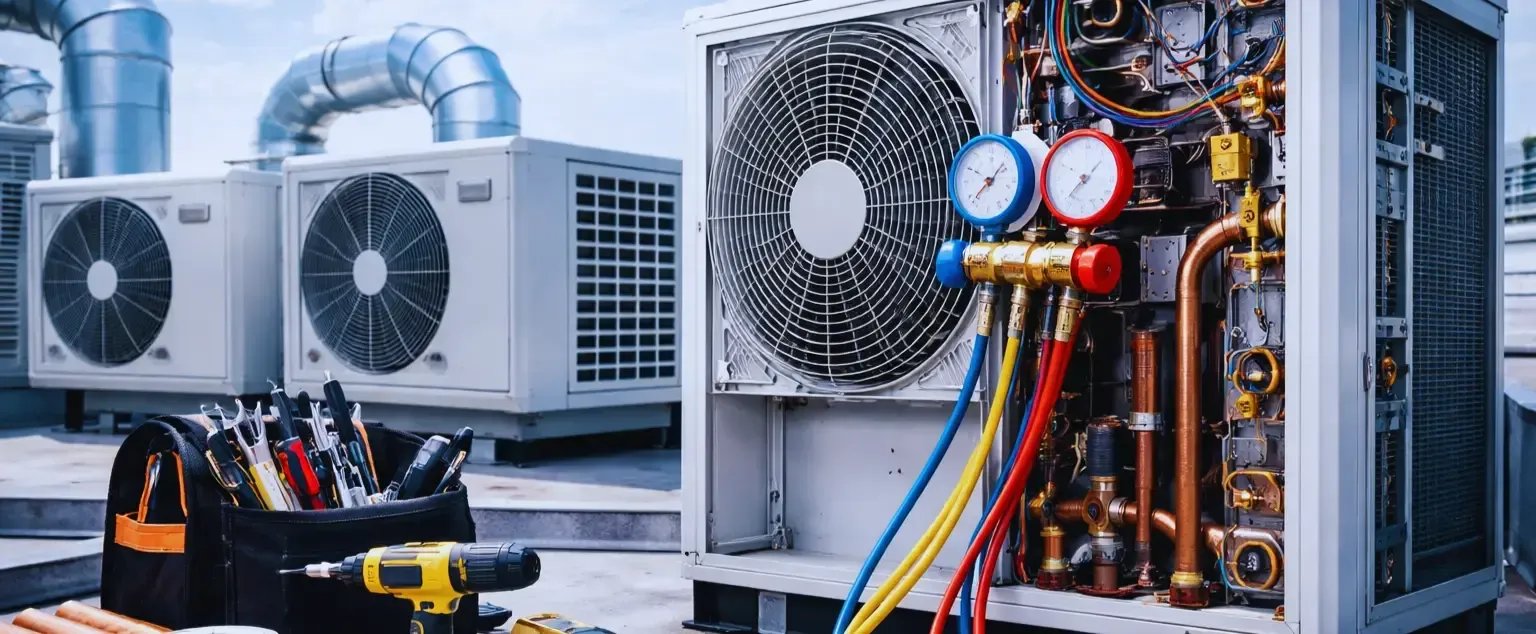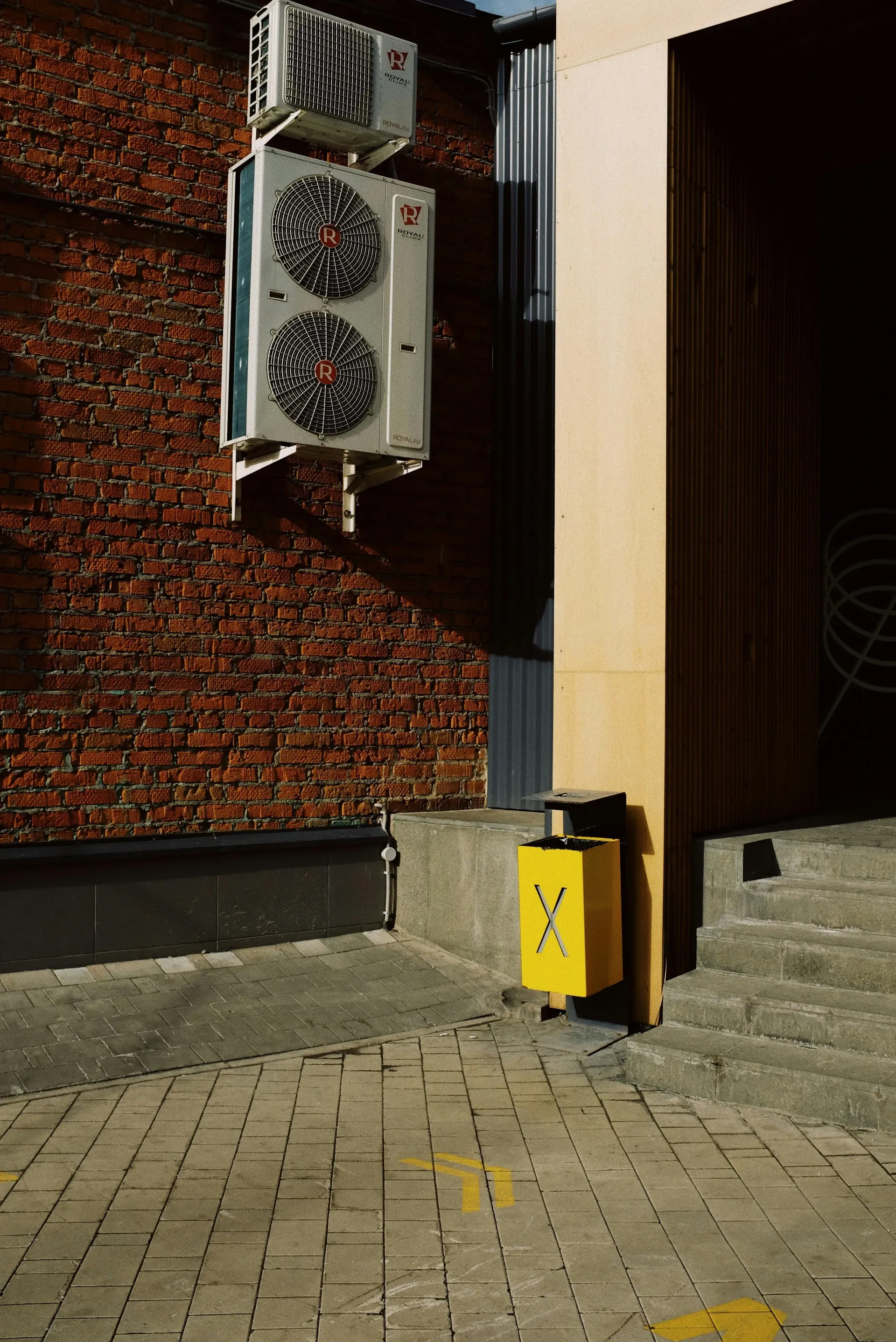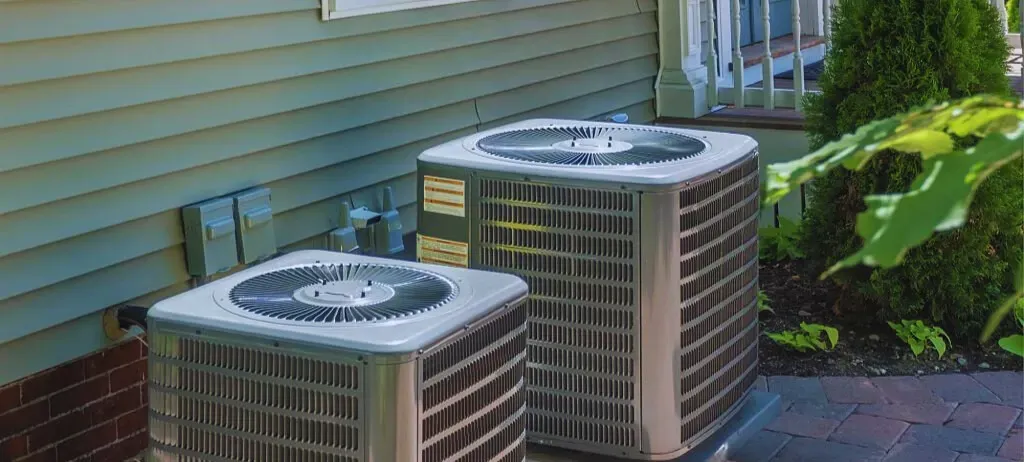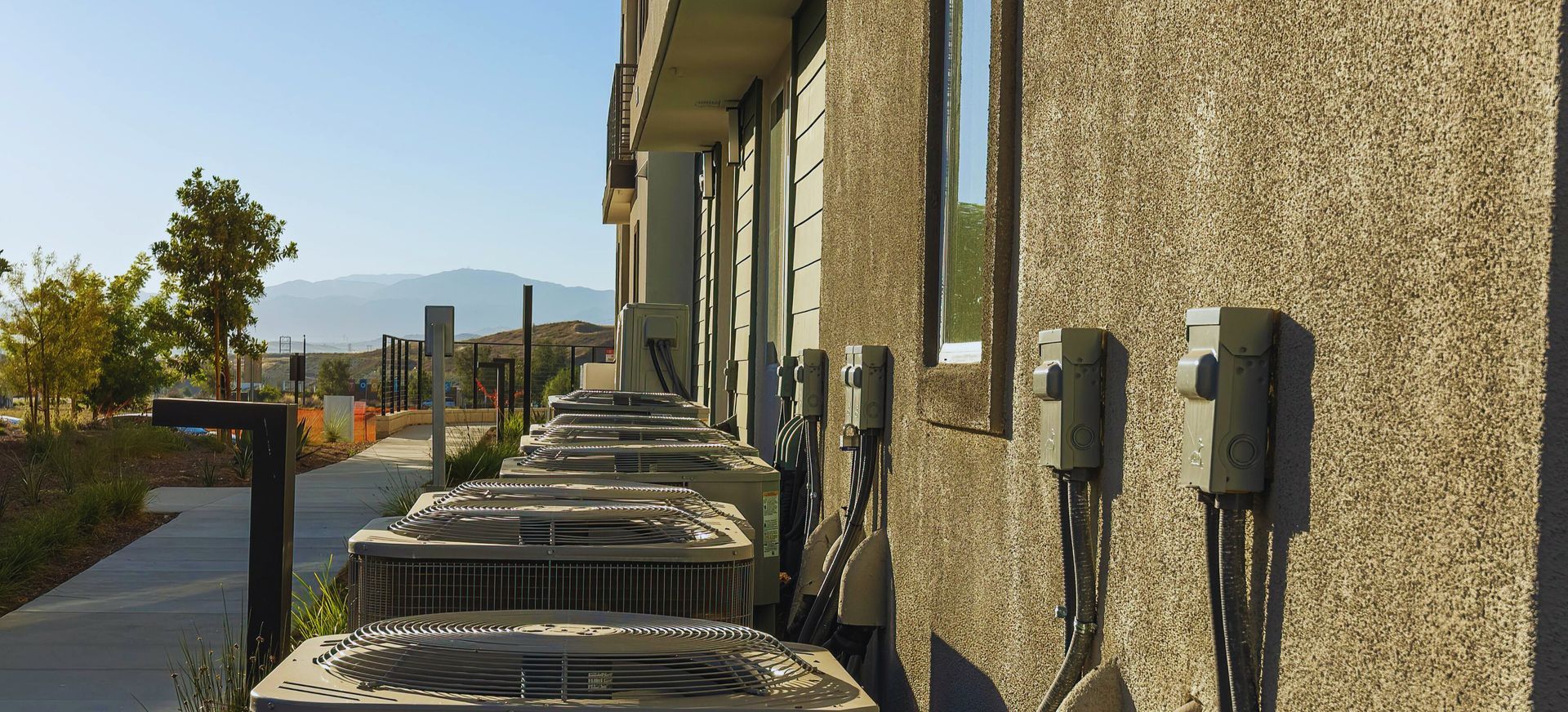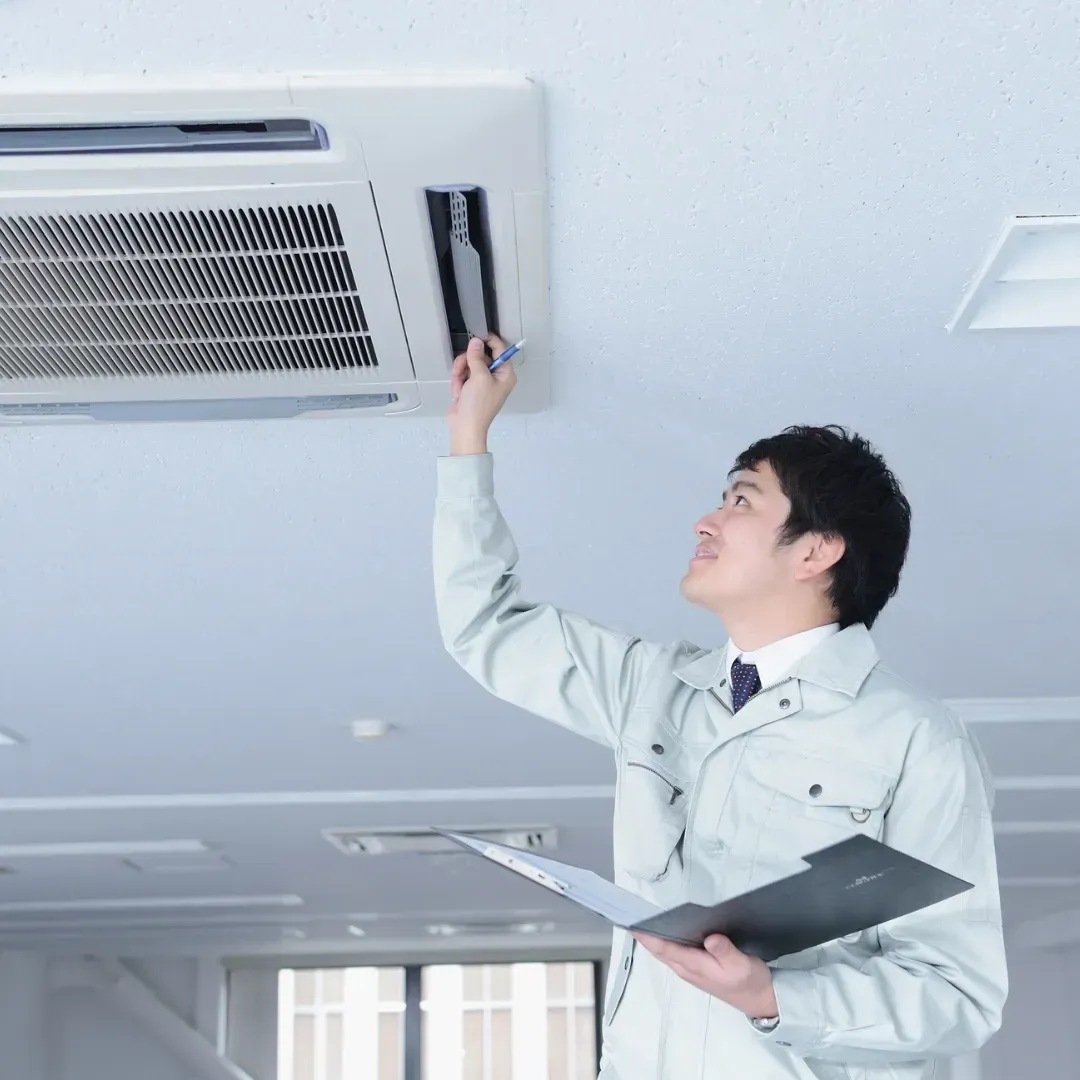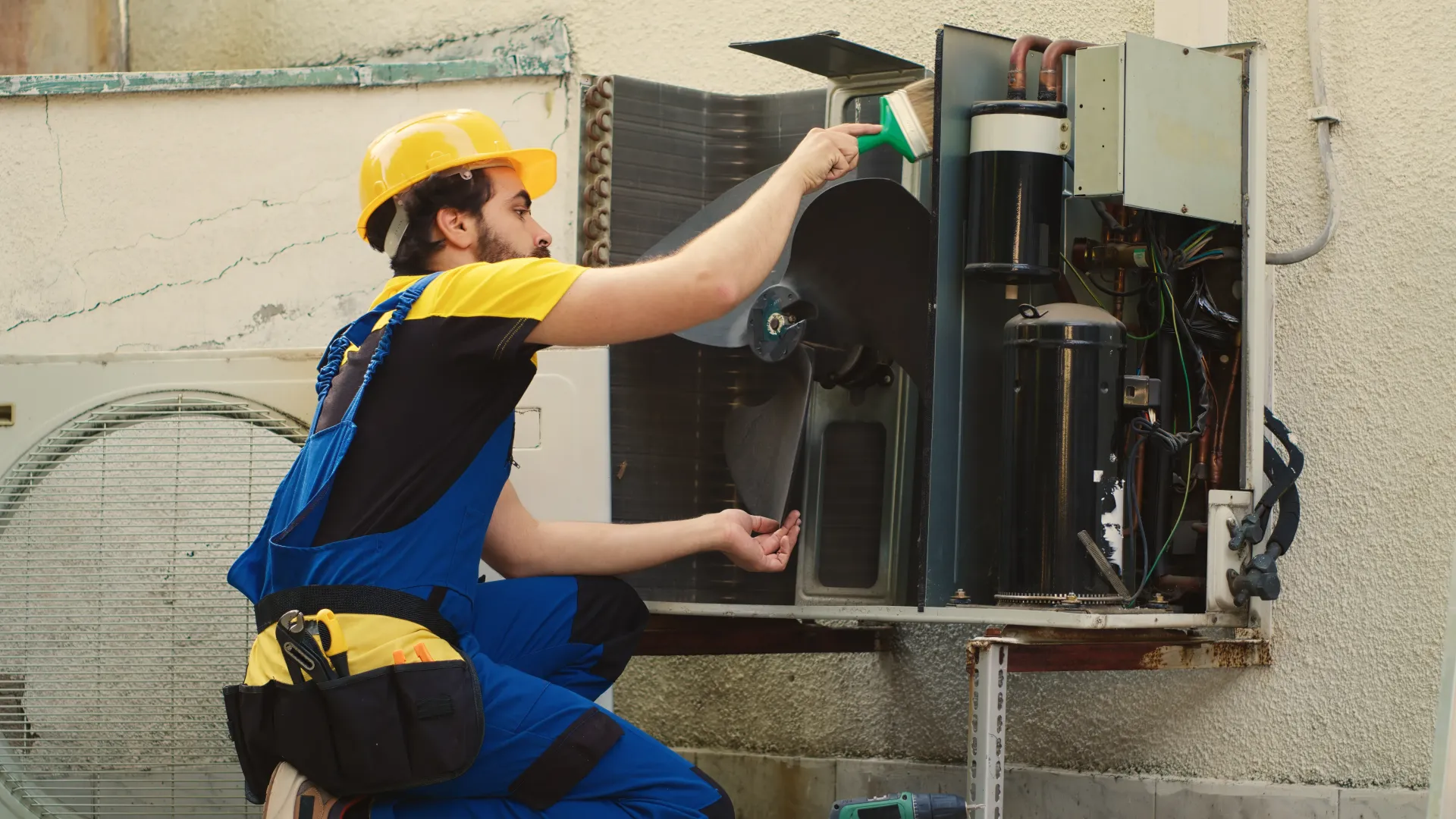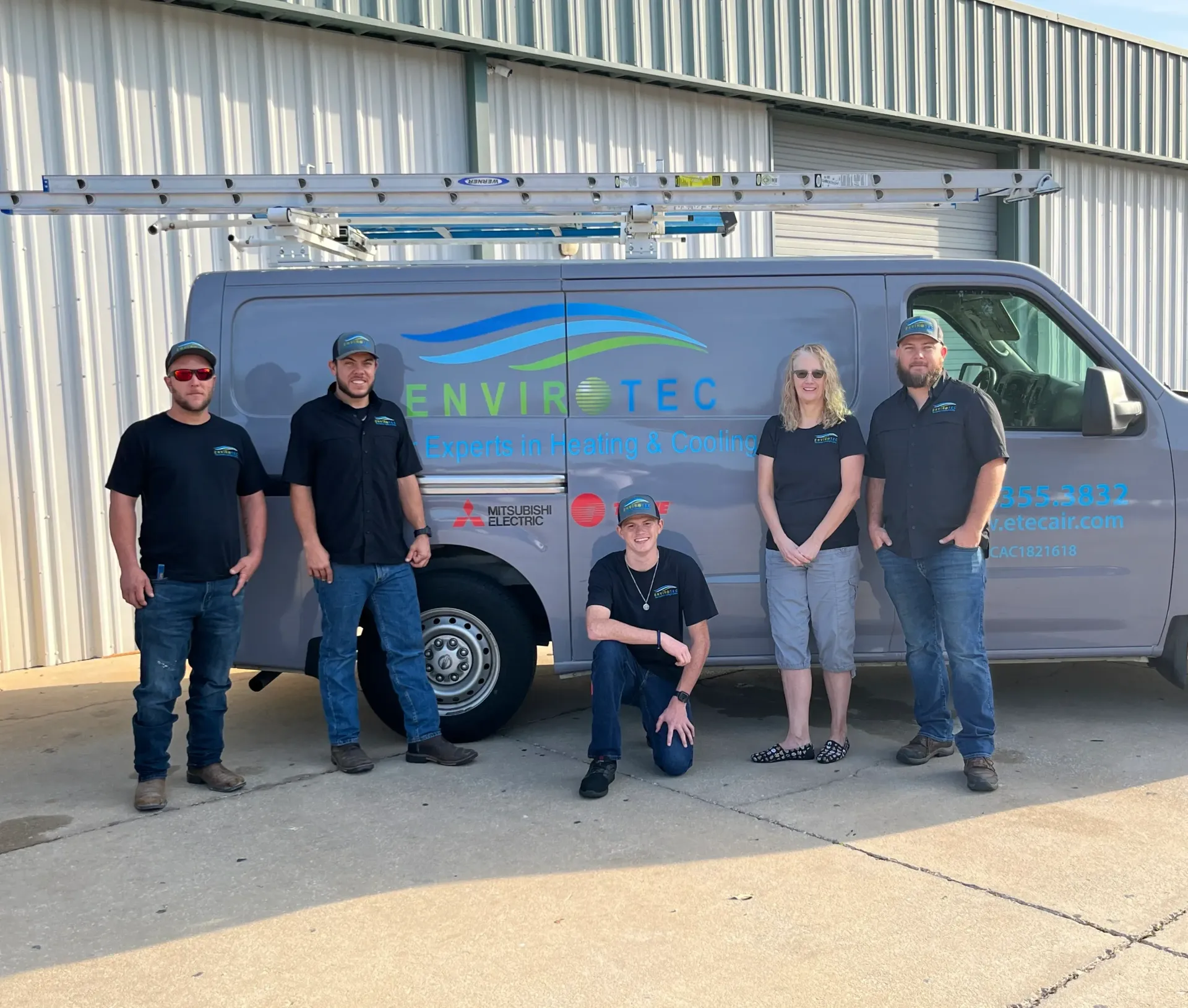HVAC 101: Understanding the Heart of Home Comfort
Every home has a silent hero working behind the walls—your HVAC system. Without it, extreme temperatures would be unbearable, indoor air would stagnate, and allergens would thrive unchecked. HVAC stands for Heating, Ventilation, and Air Conditioning, and together, these components shape the environment inside your home.
The role of HVAC systems goes far beyond making spaces warmer or cooler. They maintain indoor air quality, regulate humidity, and create a healthy living environment for you and your family. In this guide, we’ll explore everything from the science behind HVAC to choosing the best system for your home—so you can make educated decisions and optimize your comfort year-round.
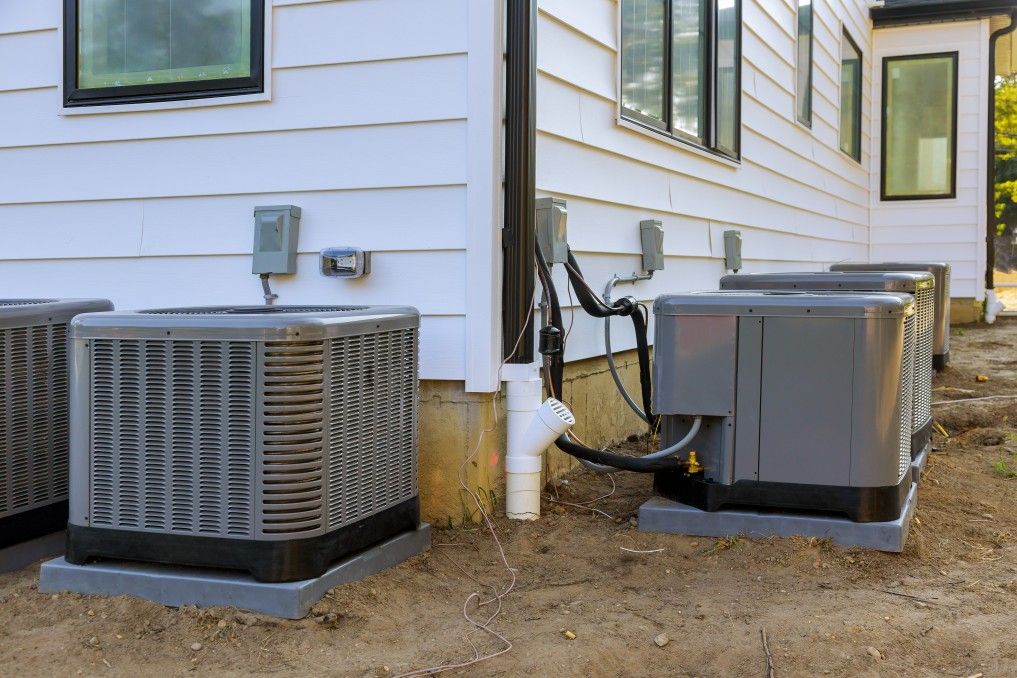
How HVAC Became a Modern Necessity
It’s fascinating to think how humanity once relied on fireplaces, open windows, and fans to manage indoor climates. HVAC systems as we know them began evolving in the early 20th century with innovations in refrigeration and electrical engineering. The first modern air conditioner, invented by Willis Carrier in 1902, changed everything—from homes to workplaces and even global migration patterns.
Over time, what started as a luxury became a necessity. Today, HVAC systems are embedded in nearly every home, offering not just convenience, but also improving public health and productivity. With rising climate concerns, HVAC is now at the forefront of energy efficiency and sustainability.
Core Components of an HVAC System
A well-functioning HVAC system is composed of several key components, each playing a critical role:
- Furnace: Heats air using fuel like gas or electricity and distributes it through ductwork.
- Air Conditioner: Removes indoor heat and humidity using refrigerant cycles.
- Ventilation System: Exchanges indoor and outdoor air, improving air quality.
- Thermostat: The control center that regulates temperature settings.
- Ductwork: Channels that deliver conditioned air to different parts of the home.
- Filters: Remove dust, allergens, and other contaminants from the air.
Understanding these parts helps homeowners identify issues, maintain their systems, and appreciate the engineering behind daily comfort.
Thermostats: The Brain of HVAC
Your thermostat acts like the conductor of an orchestra—directing when heating or cooling should occur based on the indoor temperature. With modern innovations, thermostats have gone from simple dials to sophisticated devices with touchscreens, smartphone integration, and AI-driven analytics.
Smart thermostats learn your routines and adjust automatically, saving energy and enhancing comfort. They can detect when you're home, asleep, or away and optimize HVAC usage accordingly. Investing in a smart thermostat is one of the simplest ways to boost HVAC efficiency.
Types of HVAC Systems
Depending on your needs and the structure of your home, there are several types of HVAC systems:
- Split Systems: Separate indoor and outdoor units for heating and cooling.
- Ductless Mini-Splits: Great for homes without ductwork; allow room-by-room control.
- Packaged Systems: All-in-one units, ideal for smaller spaces or rooftops.
- Hybrid Systems: Combine gas and electric power to maximize energy savings.
- Geothermal Systems: Use underground temperatures for eco-friendly heating and cooling.
Each system has pros and cons. Your choice should depend on factors like climate, budget, and available space.
Heating Mechanisms Explained
Let’s get warm—literally. Heating is a core function of any HVAC setup, especially in colder regions. Here’s how some popular heating units work:
- Furnaces burn natural gas, propane, or use electricity to generate warm air.
- Heat Pumps extract warmth from the air or ground—even in cold temperatures.
- Boilers heat water and distribute it via radiators or radiant floor systems.
While furnaces are more common, heat pumps are gaining traction due to their dual ability to heat and cool efficiently.
Cooling Techniques and Air Conditioning
When the summer sun hits its peak, your air conditioner becomes your best friend. AC systems typically work by compressing refrigerants and moving them between indoor and outdoor units. This removes heat from indoor air and recycles it as cool air.
Types of AC systems include:
- Central Air Conditioning: Most efficient for large homes with ductwork.
- Window Units: Inexpensive, suitable for single rooms.
- Portable ACs: Easy to move but less efficient.
- Evaporative Coolers: Use water to cool the air, ideal for dry climates.
Regardless of type, regular servicing ensures your AC keeps you chill all summer.
Ventilation and Indoor Air Quality (IAQ)
Ventilation often goes unnoticed, but it plays a pivotal role in HVAC. It’s the system's job to remove stale air and introduce fresh, filtered air. This process helps reduce allergens, mold, and indoor pollutants.
Many modern systems include features like:
- HEPA Filters
- UV Air Purifiers
- HRVs (Heat Recovery Ventilators)
These tools make your home a fortress against airborne threats, keeping your family safe and healthy.
Ductwork Design and Its Importance
Think of ductwork as the arteries of your HVAC system. Poorly designed or leaky ducts can cause uneven temperatures, increase energy costs, and compromise air quality. Ideally, ducts should be:
- Properly sealed and insulated
- Regularly cleaned
- Free of obstructions
If you suspect your home has air leaks or rooms that are always too hot or cold, your ducts may need an inspection by a professional HVAC service.
Smart HVAC Technology
Modern problems require smart solutions. Smart HVAC systems are changing the way we interact with our indoor environments. Whether it’s voice-activated temperature control or remote monitoring, smart tech brings unparalleled convenience.
Key features include:
- Zoning Systems: Let you heat or cool specific areas independently.
- Wi-Fi Thermostats: Control temperature from your smartphone.
- AI and Machine Learning: Automatically optimize for energy efficiency.
Smart HVAC solutions not only save energy but also learn your habits, helping you stay comfortable without lifting a finger.
The Role of HVAC in Health and Wellness
Beyond comfort, HVAC systems significantly influence health. Proper humidity control can prevent the growth of mold, while air filtration systems reduce allergens, pet dander, and airborne pathogens.
A high-quality HVAC system helps prevent:
- Respiratory issues
- Dry skin and eyes
- Spread of viruses through ventilation
Homes with clean, filtered air offer a sanctuary from outdoor pollution and seasonal allergens, especially for sensitive individuals and children.
Signs Your HVAC System Needs Attention
Your HVAC system speaks—you just need to listen. Watch out for these red flags:
- Strange noises: Banging, hissing, or grinding.
- Weak airflow: Possibly due to duct issues or a clogged filter.
- Uneven temperatures: A sign of thermostat or duct malfunction.
- Unexplained energy bills: Often linked to inefficiency.
- Unpleasant odors: Could indicate mold or a burnt-out motor.
When in doubt, reach out to an expert HVAC technician for an inspection. You can find professional help easily through a reliable HVAC service.
Seasonal Maintenance Tips
Think of HVAC maintenance like a dentist visit—you don’t want to skip it. Here’s a quick checklist:
Pre-Winter:
- Replace air filters.
- Inspect the heat exchanger for cracks.
- Test carbon monoxide detectors.
- Schedule a professional tune-up.
Pre-Summer:
- Check refrigerant levels.
- Clean AC coils.
- Clear debris around the outdoor unit.
- Test thermostat settings.
Routine care keeps your system running smoothly and extends its life.
DIY vs Professional HVAC Care
There’s a fine line between savvy DIY and risky business. Here’s what you can do:
DIY-Friendly:
- Replace filters
- Clear vents
- Reset thermostats
- Clean around the unit
Leave to the Pros:
- Refrigerant handling
- Electrical repairs
- Duct inspection
- Annual servicing
For complex tasks, always consult a certified HVAC specialist.
Choosing the Right HVAC System for Your Home
No two homes are alike. Consider these when choosing your HVAC system:
- Home size: Bigger homes need more powerful systems.
- Climate: Humid regions may require dehumidifiers.
- Insulation: Poor insulation increases energy demand.
- Budget: Find a balance between upfront costs and long-term savings.
Always request a professional load calculation to ensure your unit isn’t too small—or too large—for your space.
HVAC Installation Process Explained
Here’s a snapshot of what to expect during an HVAC install:
- Initial consultation and energy audit.
- System selection based on load calculations.
- Ductwork inspection or redesign.
- Removal of old system (if applicable).
- New system installation, wiring, and calibration.
- Post-install testing for airflow and functionality.
A reputable HVAC service will also provide a warranty and offer post-installation support.
How HVAC Affects Property Value
Buyers love efficiency. A modern HVAC system can increase home value, improve marketability, and reduce inspection issues. Many real estate agents highlight HVAC upgrades in listings for this reason.
HVAC for Multi-Family Homes vs Single Family
Multi-family homes require zoned systems, higher-capacity units, and more robust ductwork. In contrast, single-family homes offer more flexibility for simpler or ductless setups.
Future Trends in HVAC Technology
HVAC is evolving. Expect:
- AI-assisted predictive maintenance
- IoT-enabled units
- Solar-integrated systems
- Voice and gesture control
Innovation will focus on smarter, greener, and more cost-effective solutions.
HVAC System Noise and Solutions
Is your system humming, clicking, or rattling? It may indicate:
- Loose parts
- Faulty fan motors
- Duct vibrations
- Refrigerant issues
Contact an HVAC technician if your unit gets noisier than usual.
Pet Owners and HVAC Considerations
Furry friends are adorable, but they shed. Pet hair can clog filters and reduce air quality. Tips for pet owners:
- Change filters more frequently
- Vacuum vents
- Use HEPA filters
- Consider duct cleaning
Pet-safe HVAC practices keep both air and animals healthy.
Working With a Professional HVAC Service
A skilled technician ensures your system runs safely and efficiently. Choose certified providers like this top-rated HVAC Service for installations and tune-ups.
When to Contact an HVAC Specialist
Call the pros when you notice:
- Poor performance
- Leaks
- Strange smells
- High energy bills
You can request assistance through this Contact Page.
FAQs About HVAC Systems
What does HVAC stand for?
Heating, Ventilation, and Air Conditioning.
How often should I replace my HVAC filters?
Every 1–3 months, depending on usage and environment.
Is it worth upgrading to a smart thermostat?
Absolutely. They improve comfort and save energy.
Can HVAC improve indoor air quality?
Yes, especially with upgraded filters and ventilation.
How long does HVAC installation take?
Typically 1–3 days, depending on complexity.
Do I need maintenance if everything seems fine?
Yes. Preventive care avoids future breakdowns.
Conclusion
HVAC systems are more than machines—they’re the pulse of your home. They ensure comfort, promote wellness, and provide peace of mind. Whether you’re installing a new unit, maintaining an old one, or just curious about how it all works, understanding HVAC is your first step to smarter living.
Ready to take control of your home comfort? Start with a reliable HVAC service provider and keep their contact info handy for peace of mind.
Links:
